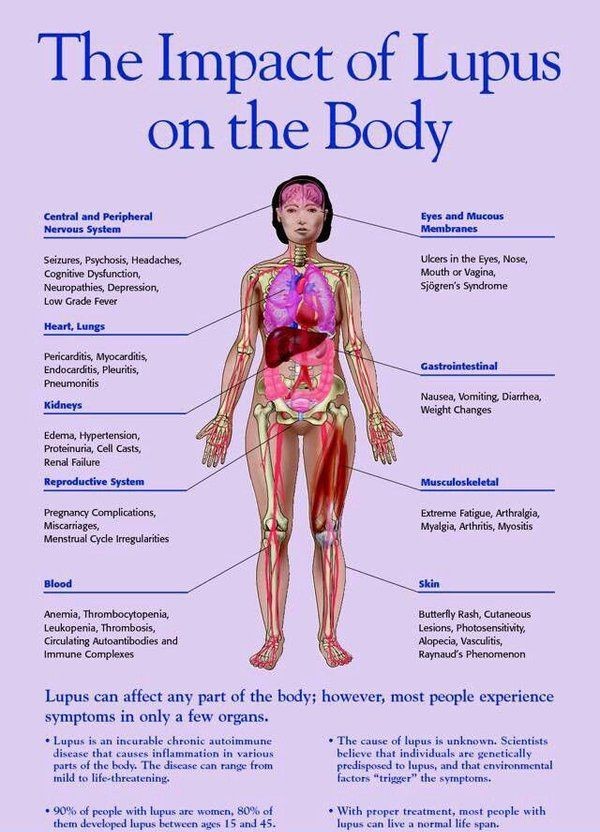Welcome
Since 1979 Lupus Association of NSW has been the leading peak body which offers advice, information, support and networking for patients across NSW and now also parts of Australia.

Our priorities
1. To facilitate support and provide counselling and factual up to date information for our members.
2. To promote understanding of Systemic Lupus Erythematosus (SLE) and related Connective Tissue Diseases (CTD) amongst ourselves, our families, medical and allied health professionals and the community.
3. To operate as a resource base for information and literature regarding Systemic Lupus Erythematosus and related Connective Tissue Diseases.
4. To liaise with similar organisations both interstate and overseas.
5. To promote financial support for research, training and health care services for Systemic Lupus Erythematosus and related Connective Tissue Diseases.
6. To consult with Government bodies for appropriate funding for Systemic Lupus Erythematosus and related Connective Tissue Diseases.
Latest News and Research
Nutrition NSW – National Lunchbox Week article:
National Lunchbox Week (9–15 February 2026) is a wonderful national initiative bringing communities across New South Wales together to promote enjoyable, nourishing lunchboxes for every child. Supported by Nutrition Australia (NSW), the campaign provides practical, affordable and evidence‑informed ideas that make healthy lunchbox packing achievable for all families.
 Recognising that every lunchbox reflects diverse cultures and circumstances, our aim is to encourage realistic habits that help children develop positive, lifelong relationships with food. This week also highlights the collective responsibility we share—families, schools, early childhood services, health professionals and community partners—to create inclusive and supportive food environments.
Recognising that every lunchbox reflects diverse cultures and circumstances, our aim is to encourage realistic habits that help children develop positive, lifelong relationships with food. This week also highlights the collective responsibility we share—families, schools, early childhood services, health professionals and community partners—to create inclusive and supportive food environments.
“National Lunchbox Week is an opportunity for us to champion simple, achievable habits that make a real difference to children’s wellbeing,” said Cr Barbara Ward, President of Nutrition Australia (NSW). “By working together, we can support families to feel confident, informed and inspired when it comes to packing a healthy lunch.”
As we work together to advocate for children’s health, Nutrition NSW welcomes opportunities to collaborate with organisations and communities who share our commitment to building healthier futures.
To explore our programs and resources, including the Reclaim the Lunchbox initiative, visit www.nutritionnsw.org.au or contact us at admin@nutritionaustraliansw.org.au.
Key Lupus Surveys & Data Sources in Australia
(Posted 19th Feb 2026)
- Global Survey on Lupus (2025) – Australian Participation
The World Lupus Federation’s 2025 Global Survey includes responses from Australians and highlights major challenges faced by people living with lupus.
Key findings include:
- Nearly half of respondents reported kidney involvement, underscoring the seriousness of lupus nephritis.
- Ongoing need for better education, earlier diagnosis, and improved access to care.
This survey is shared locally by the Lupus Association of NSW, making it one of the most relevant sources for Australian insights.
While not a “survey” in the traditional sense, the ALRB is Australia’s most significant ongoing data collection effort for lupus.
It gathers:
- Clinical data
- Patient‑reported outcomes
- Biological samples
Its purpose is to support research, track disease patterns, and improve treatment approaches.
- Australian Lupus Registry – Patient Information & Stories
The Australian Lupus Registry also provides:
- Patient stories
- Living‑with‑lupus insights
- Educational resources
These qualitative insights help shape understanding of the lived experience of lupus in Australia.
- ASCIA – National Overview of Lupus in Australia
ASCIA (Australasian Society of Clinical Immunology and Allergy) provides national data and FAQs, including:
- Estimated 20,000+ people affected across Australia and New Zealand
- Challenges with diagnosis due to varied symptoms
- Overview of disease burden and care pathways
While not a survey, ASCIA’s data is widely used in policy and advocacy.
These organisations have been listed as source of information for all interested parties concerning Lupus
What is lupus?
Risk factors for developing lupus
The triggers for lupus are poorly understood. Some factors that are associated with developing lupus are:
- Being female: 90 per cent of Australians with lupus are women.
- Early adulthood: most cases of lupus are detected in people aged between 15 and 40.
- Genetic susceptibility: lupus is more prevalent in some families and some racial groups. Lupus is more prevalent and more severe in Aboriginal Australians than in the wider Australian population.
- Sunlight exposure can be a trigger in susceptible people.
Key Statistics
1 in 1,000
Lupus is estimated to affect more than 25,000 (1 in 1,000) people in Australia
15-45
Onset usually occurs between 15 and 45 years
90%
90% of those affected are women

Raise a hand to help us
Help research to find a cure!
Join us as we work to find a cure for this hidden monster

The Lupus Association of NSW site is for informational purposes only and should not be a substitute for professional medical advice, examination, diagnosis or treatment. However, do not delay seeking or disregard medical advice based on information on this site. Always seek the advice of your local family physician or other qualified health professional before starting any new treatment or making any changes to existing treatment. Medical information changes rapidly and while the Lupus Association of NSW make efforts to continually update the content on the site, some information may be out of date.









